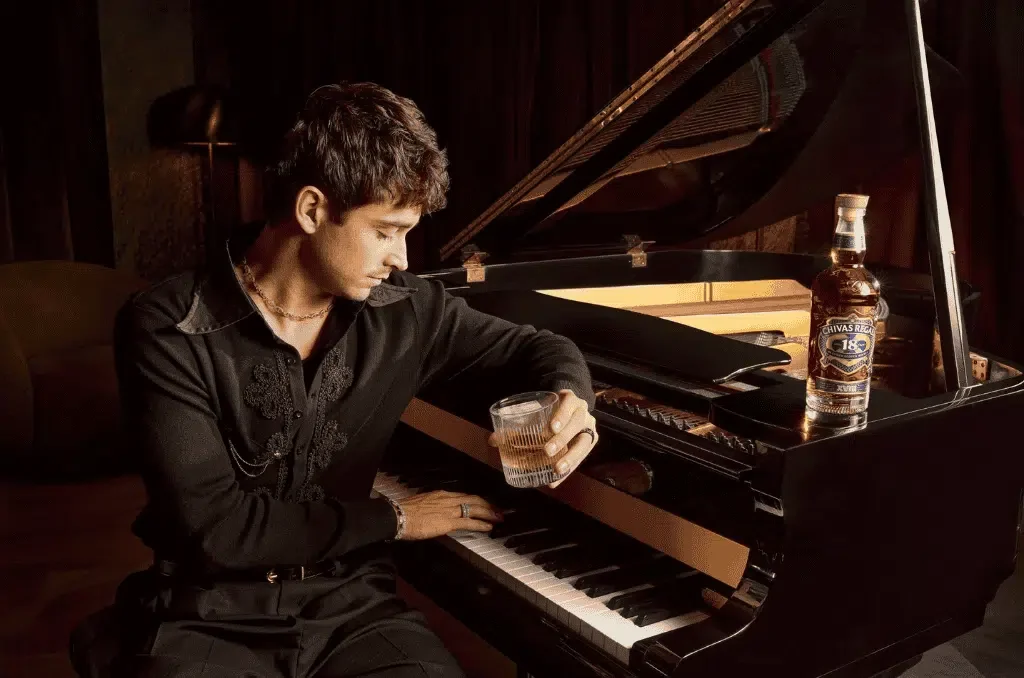LECLERC, LIQUOR AND THE NEED FOR A NUANCED CONVERSATION
Image credit: Pernod Ricard
When Pernod Ricard's Chivas Regal announced Ferrari's Formula 1 driver, Charles Leclerc as a brand partner, the reaction was mixed. While many celebrated the collaboration between an iconic whisky brand and a global sporting icon, others questioned the ethics of a professional racing driver endorsing alcohol. The concern is understandable at first glance, as Formula 1 drivers are seen, first and foremost, as individuals behind the wheel of a car. But in the rush to condemn this partnership, much of the nuance has been lost.
At its core, Formula 1 is a sport, not a commercial driving activity. An F1 car is not a road vehicle, and Charles Leclerc is not a commercial or personal vehicle driver in his capacity within the sport - he is an athlete. Beyond the 72 days per year when he is competing in front of millions, he is a person with a life outside the cockpit. Like many young professionals, especially those earning very large salaries, commissions and bonuses, his lifestyle includes dinners, celebrations, and social gatherings, any of which could involve enjoying a drink responsibly. This is where the Chivas partnership makes sense - this is the aspect of Charles Leclerc’s life where Chivas has found synergy. It’s no different from a beauty brand partnering with Charles simply because he is widely considered the most handsome driver on the grid. It has little to do with anything beyond the specific area of his life where the brand sees alignment and an opportunity to leverage that to communicate effectively with its audience, old and new.
There is a common argument about athletes as role models, but that raises an important question: role models to whom? Among Leclerc’s millions of fans are adults in his own age group, people who look to him for inspiration in style, holiday destinations, restaurants and glimpses into the aspirational life. These individuals never see him drink and drive, nor does his partnership with Chivas promote such irresponsible behaviour. So why is it automatically assumed that his influence leads fans toward recklessness rather than simply embracing the luxury lifestyle choices that many sports stars indulge in?
If Charles Leclerc, without a liquor brand partnership, posted a photo of a cocktail he enjoyed at dinner, raved about how incredible it was, mentioned the liquor used, and tagged the restaurant, would it cause the same outrage? Because in essence, that’s exactly what he’s doing as a brand ambassador for Chivas Regal. So how much of a difference does it really make that a company is paying to leverage his influence to reach the very same people who already trust his choices in settings they naturally find themselves in? At the end of the day, it’s not about whether someone chooses to drink responsibly or not, it’s about which brand they choose when they do. A brand ambassador simply shifts the needle on that decision, not on the act of drinking itself.
